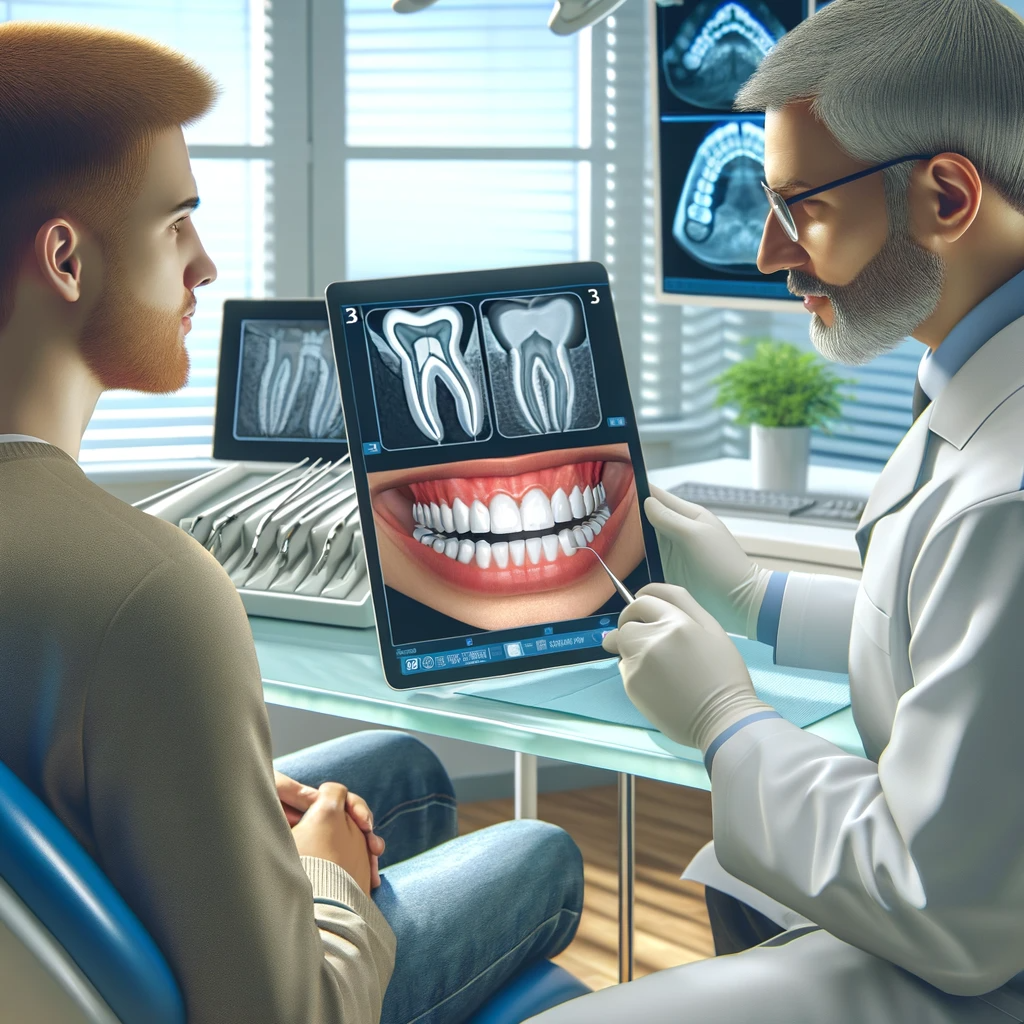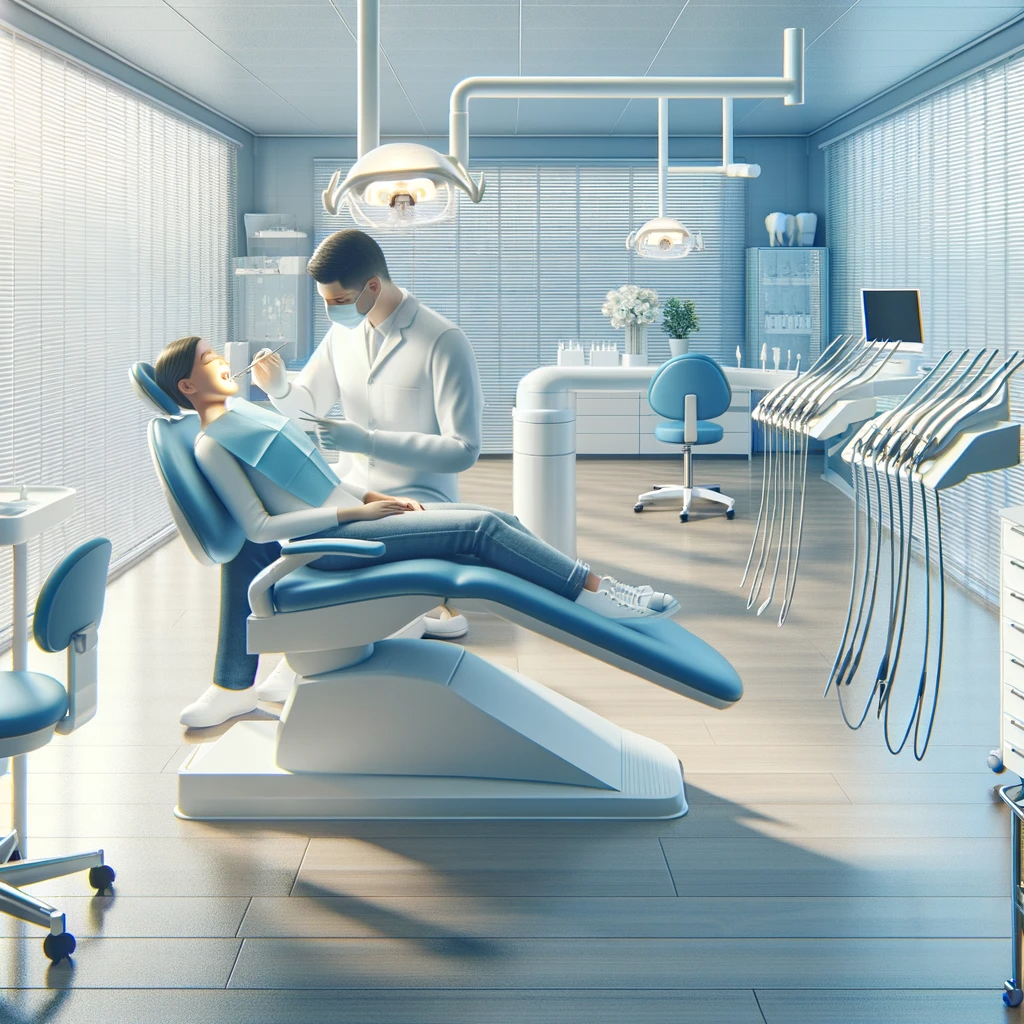Understanding NHS Dental Charges in 2024
Navigating the NHS dental charges can be complex. As of 2024, the NHS in the UK has updated its dental charge bands. This guide aims to provide clear and concise information about these changes and what they mean for patients.

Band 1 Dental Charges
Band 1 covers basic dental examinations, diagnosis (including X-rays), advice on how to prevent future problems, a scale and polish if needed, and application of fluoride varnish or fissure sealant. The cost for Band 1 dental treatment is set at £25.80.
What’s Included in Band 1?
- Dental examination
- Diagnoses and X-rays
- Preventive advice
- Scale and polish (if necessary)
Band 2 Dental Charges
Band 2 includes everything in Band 1, plus additional treatment such as fillings, root canal treatment, and extractions. The price for Band 2 is £70.70
Treatments under Band 2
- All Band 1 treatments
- Fillings
- Root canal treatment
- Tooth extractions
Band 3 Dental Charges
Band 3 encompasses all treatments covered in Bands 1 and 2, plus more complex procedures like crowns, dentures, and bridges. The cost for Band 3 treatments is £306.80.
Band 3 Treatment Details
- All Band 1 and 2 treatments
- Crowns
- Dentures
- Bridges

How to Prepare for Your NHS Dental Visit
Preparing for a dental visit can alleviate any anxieties and ensure a smooth experience. Here are some tips:
- Understand Your Treatment Band: Knowing which band your treatment falls under can help in planning your budget.
- Update Your Medical History: Always keep your dentist informed about any changes in your health.
- Discuss Payment Options: Understand the payment process for your treatment to avoid any surprises.
Additional Charges and Exceptions
In some cases, there might be additional charges or exceptions to the standard bands:
- Emergency Dental Treatment: This may incur a separate charge.
- Cosmetic Treatments: Cosmetic procedures are not covered under NHS dental charges.
Understanding Exemptions and Support
Certain groups are exempt from paying NHS dental charges:
- Children under 18
- Those aged 18 in full-time education
- Pregnant women or those who have had a baby in the last 12 months
- People receiving specific benefits
Changes in NHS Dental Charges Over Time
The NHS dental charges have seen changes over the years. Understanding these trends is essential for anticipating future costs.
Historical Trends
- Gradual Increase: There has been a gradual increase in dental charges over the past years.
- Inflation Impact: The impact of inflation on NHS dental charges.

NHS Dental Insurance Options
While NHS dental treatments are more affordable than private treatments, having dental insurance can further reduce out-of-pocket expenses.
Types of Dental Insurance Plans
- Individual Plans
- Family Plans
- Senior Plans
Tips for Maintaining Dental Health
Maintaining good dental health can reduce the need for extensive dental treatments. Here are some tips:
- Regular brushing and flossing
- Regular dental check-ups
- Healthy diet for dental health
FAQs
Q1: How often should I visit the dentist? A1: It’s recommended to visit the dentist at least once every six months.
Q2: Can I get NHS dental treatment if I’m visiting the UK? A2: Visitors to the UK can receive NHS dental treatment, but charges apply.
Q3: What should I do in a dental emergency? A3: Contact your dentist immediately or visit an emergency dental clinic.
Q4: Are orthodontic treatments covered under NHS dental charges? A4: NHS covers orthodontic treatment for children and some qualifying adults.
Q5: Can I choose between NHS and private treatment? A5: Yes, patients can choose between NHS and private treatment options.

Summary
NHS dental charges in 2024 have been structured to ensure affordability and accessibility. Understanding these charges, exemptions, and preparing for your dental visits can make your experience smoother and more predictable. Maintaining good oral hygiene and regular check-ups can also minimize the need for extensive dental treatments.
